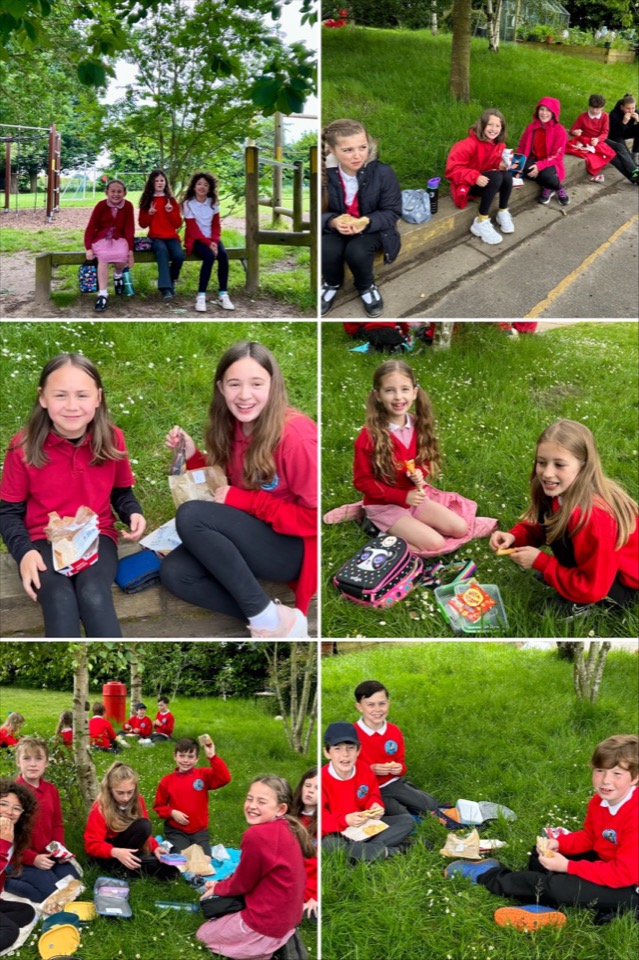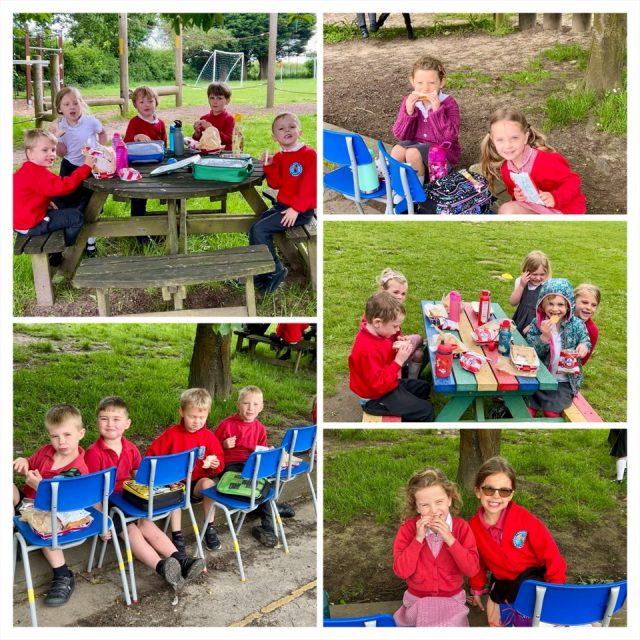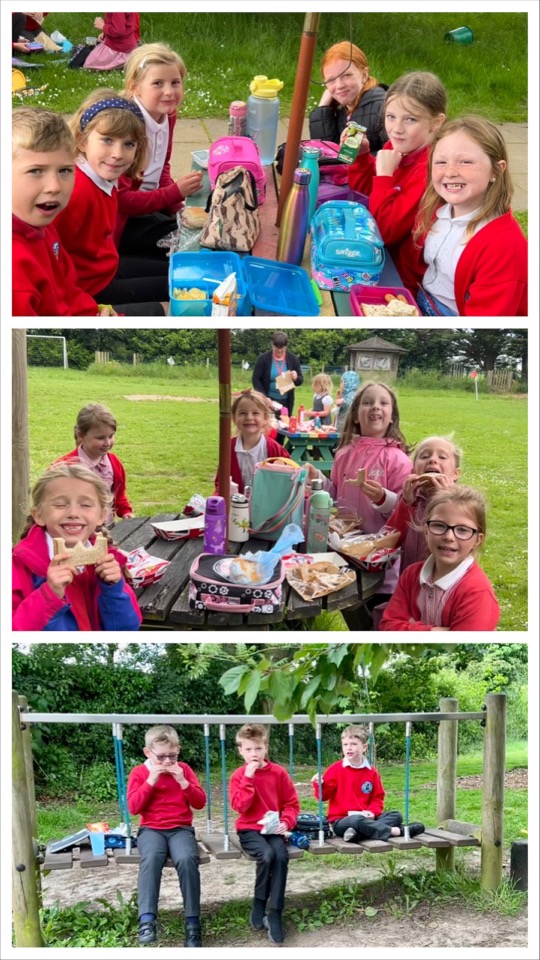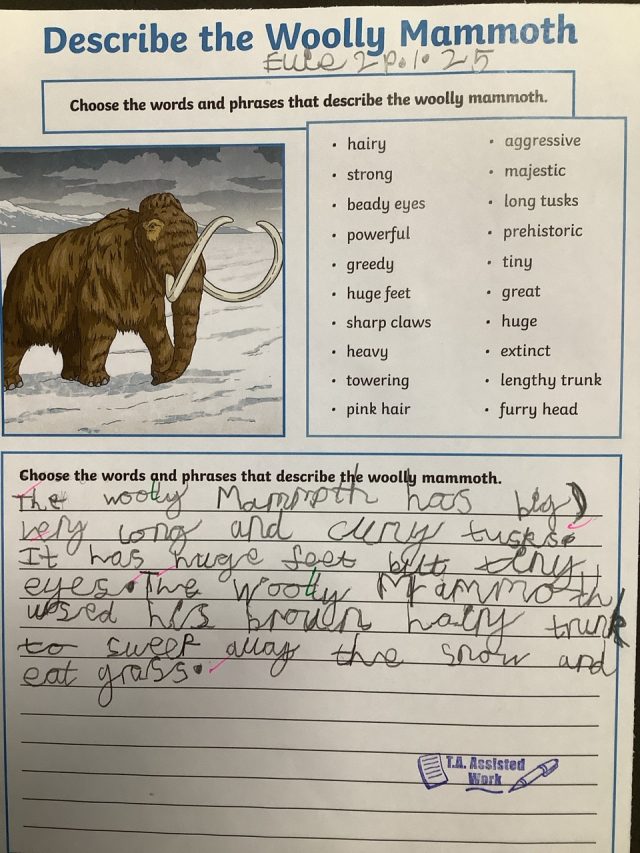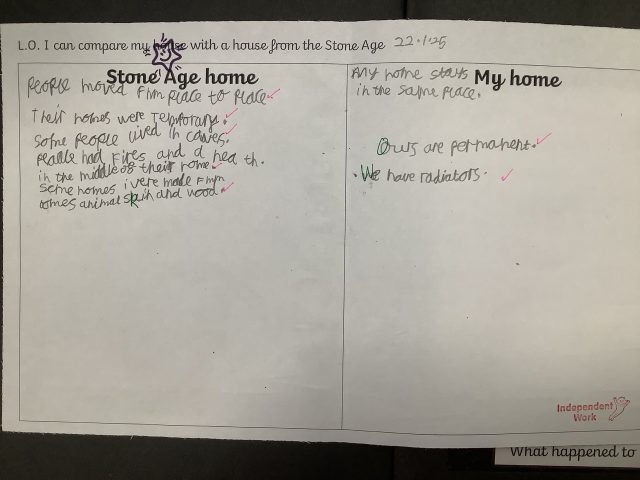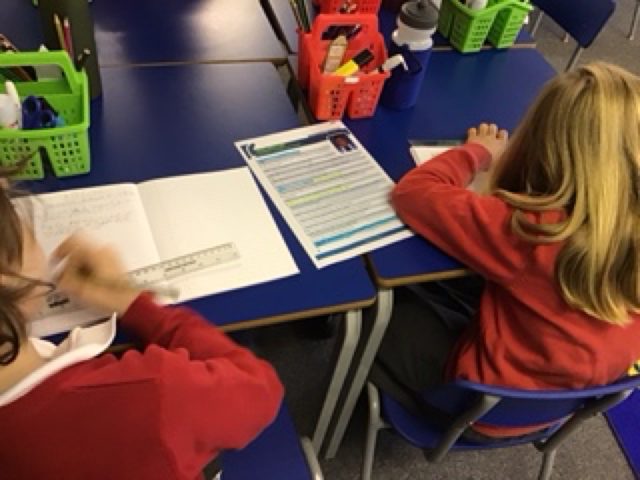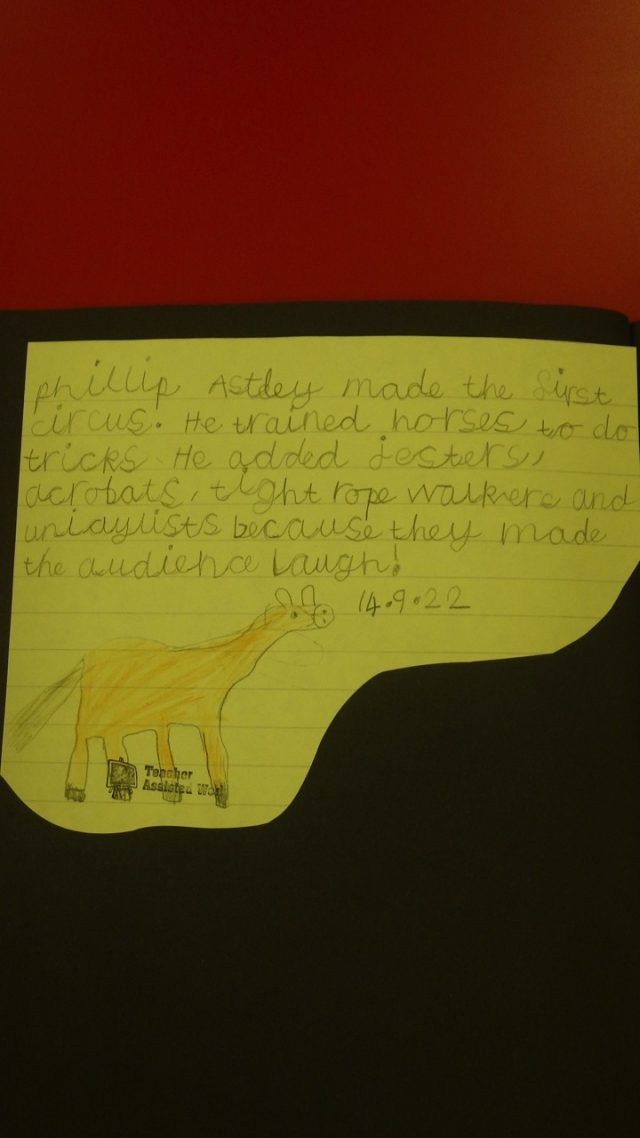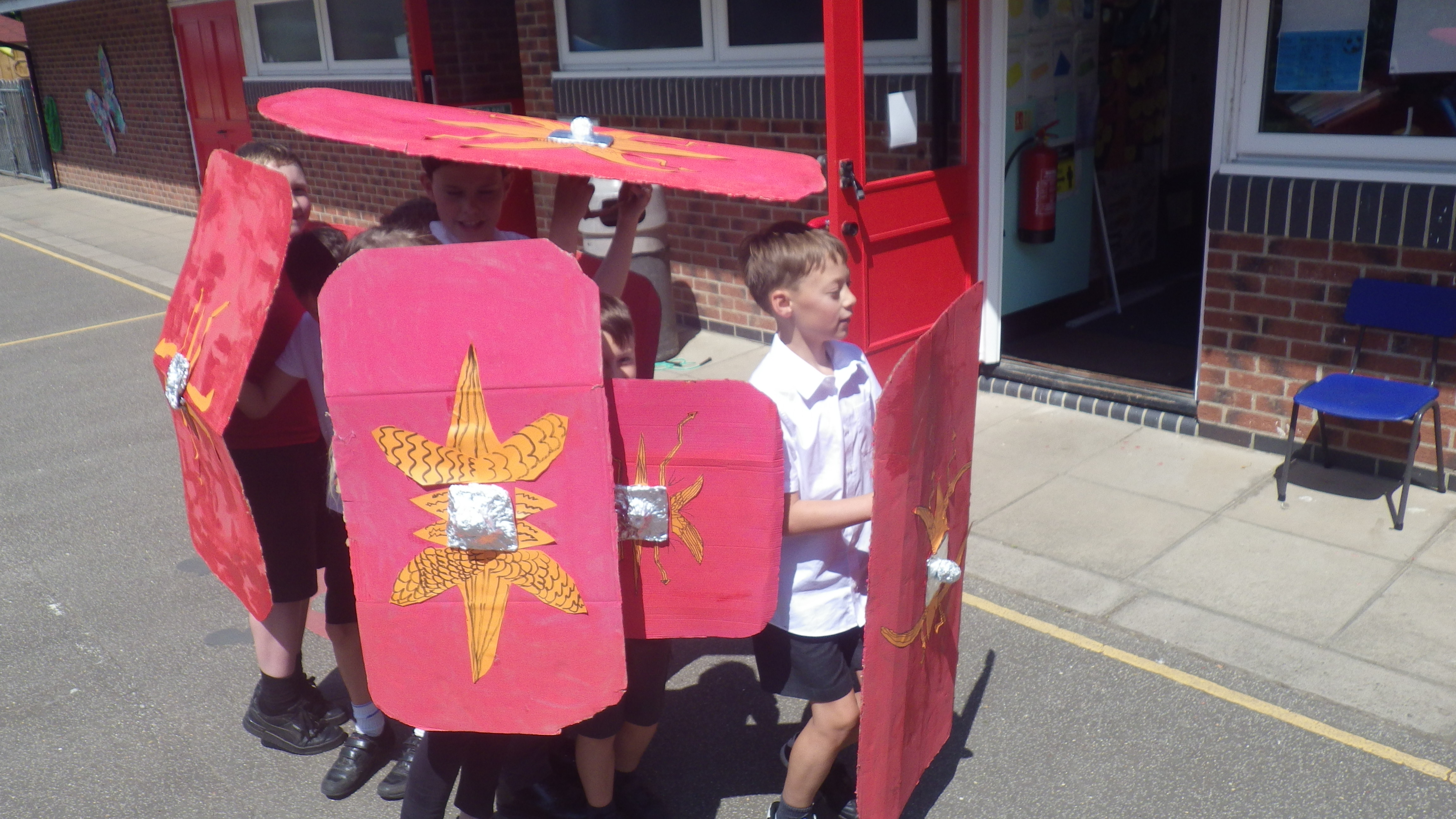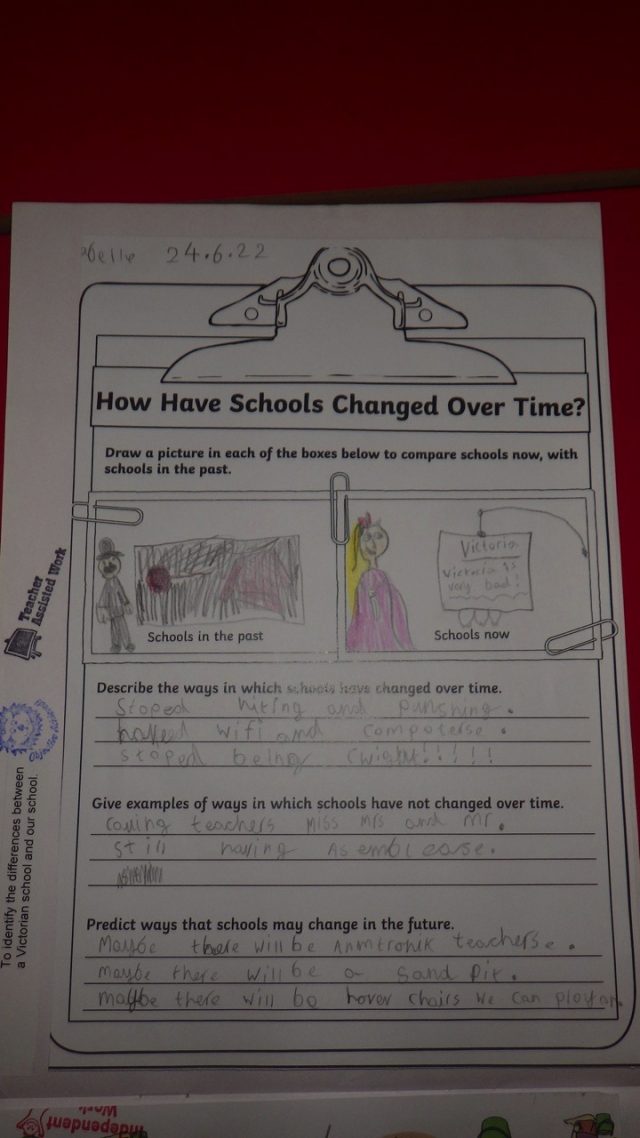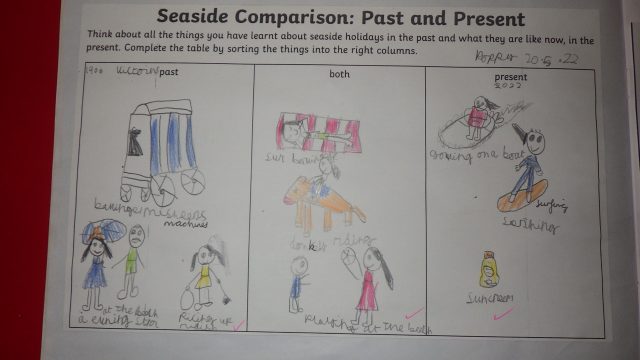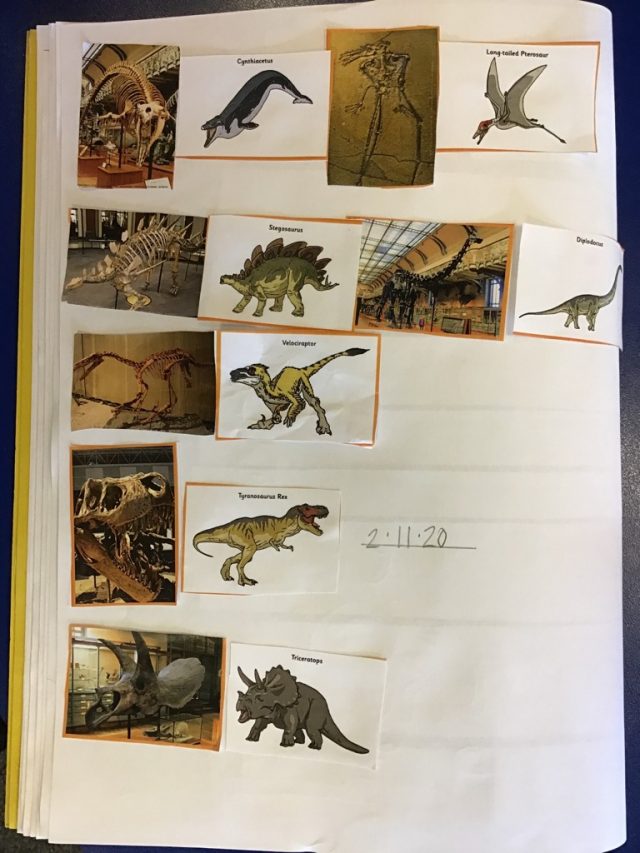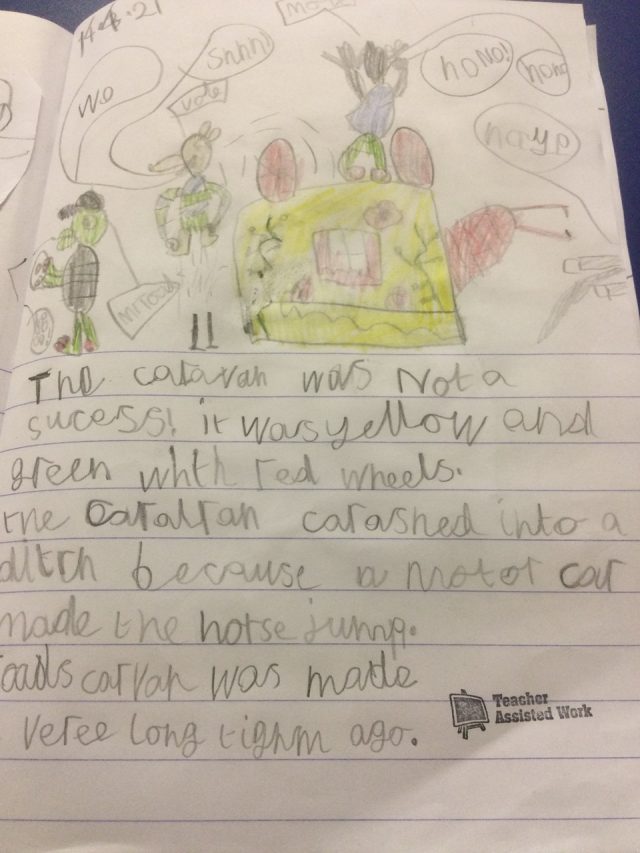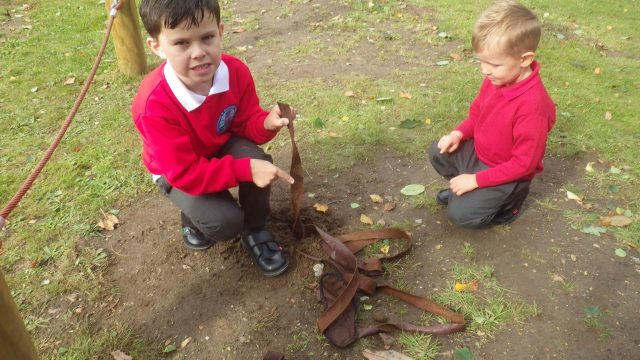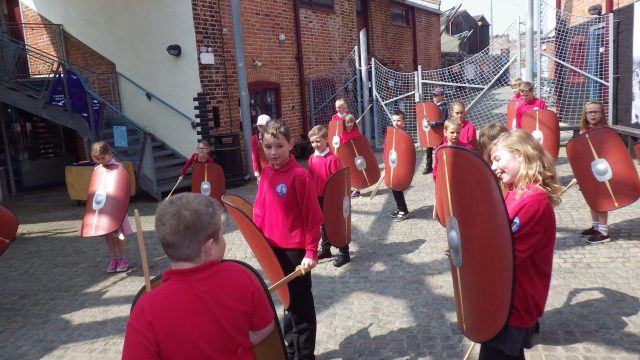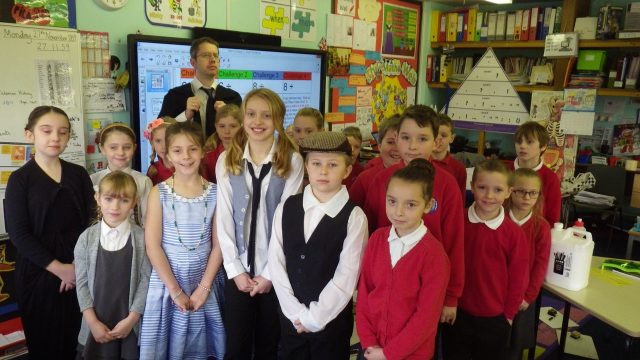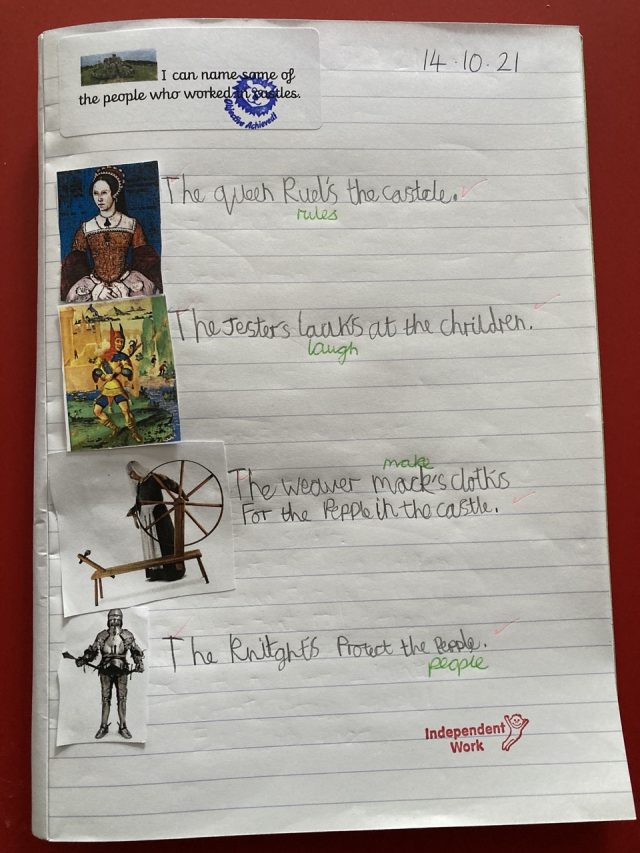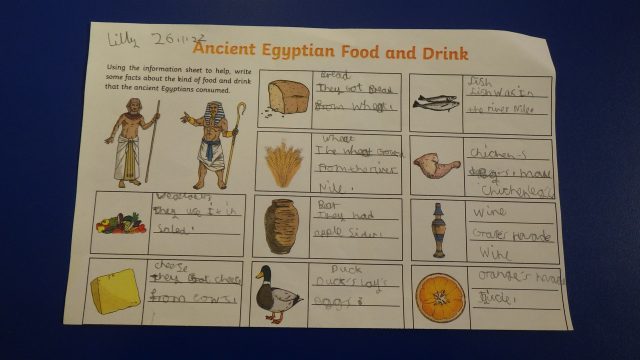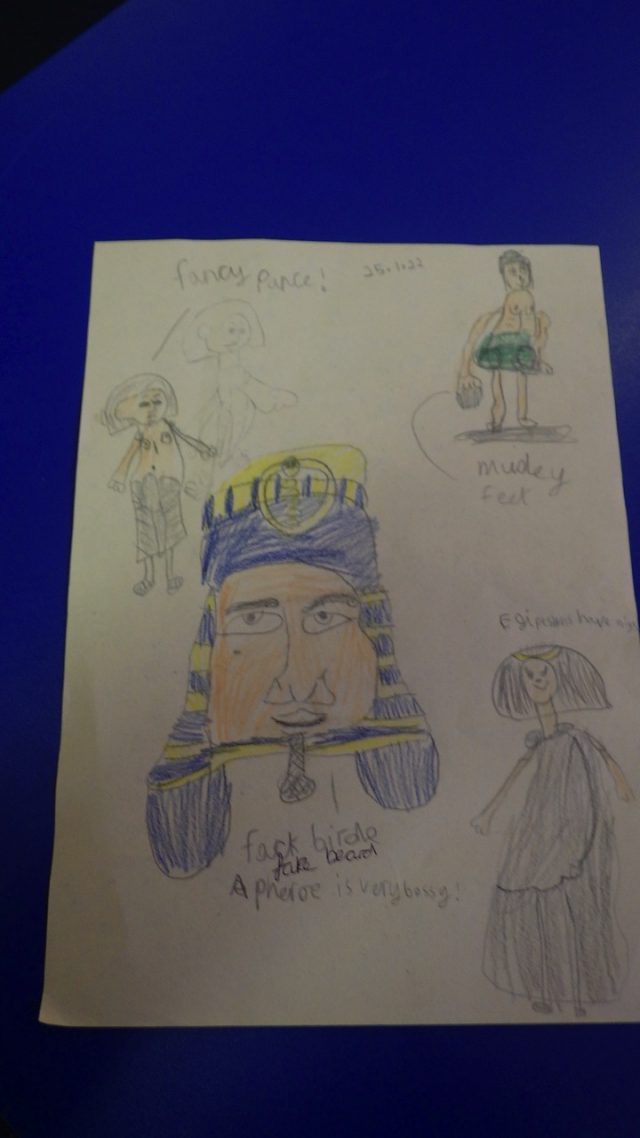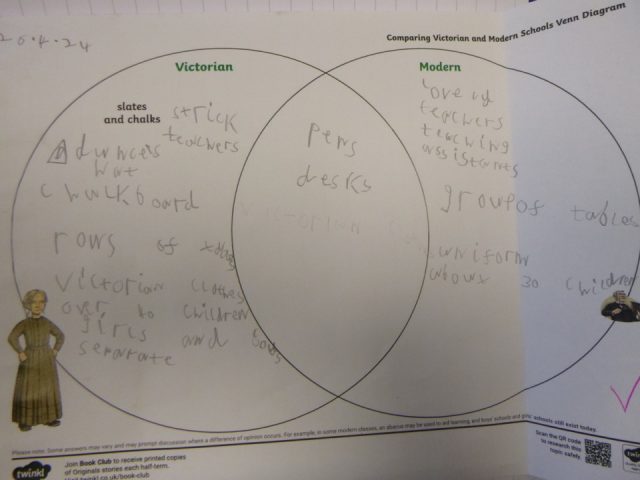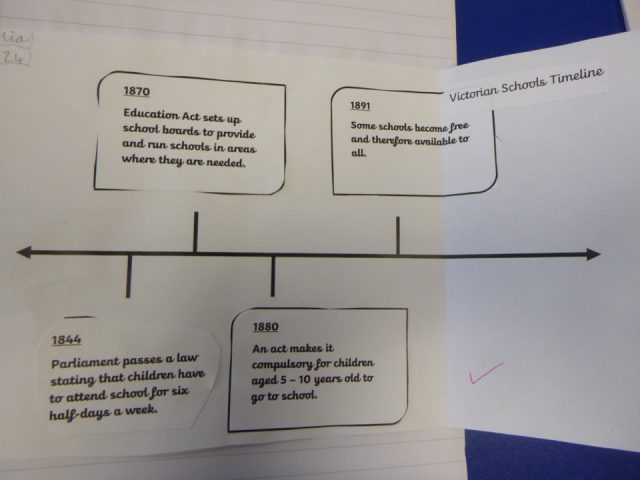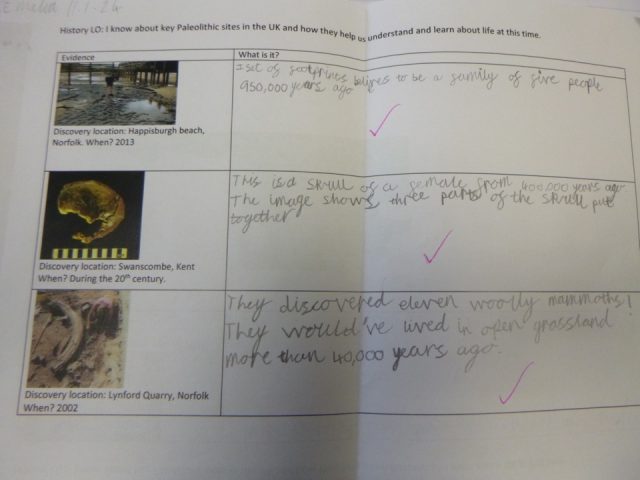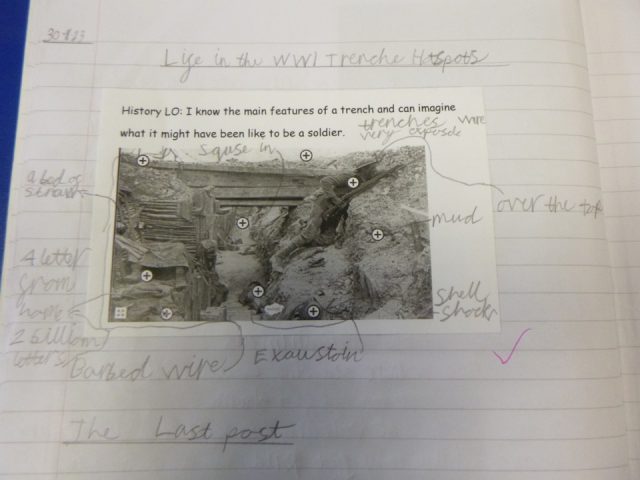Remembering D-Day 80 years on
Pupils will gain knowledge and understanding of Britain’s past and that of the wider world. Teaching will equip pupils to ask questions, think critically, weigh evidence, and make arguments, We aim to help pupils to understand the complexity of people’s lives, the process of change, the diversity of societies and the relationships between different groups. We will help them to explore their own identity and the history of their local area, and aim to inspire pupils’ curiosity to know more about the past as they go into their own future. We have a clear plan for progression.
Pupils will leave Key Stage One having developed an awareness of the past, using common words and phrases relating to the passing of time. They should know where the people and events they study fit within a chronological framework and identify similarities and differences between ways of life in different periods. They will use a wide vocabulary of everyday historical terms. They will ask and answer questions, choosing and using parts of stories and other sources to show that they know and understand key features of events. They should understand some of the ways in which we find out about the past and identify different ways in which it is represented.
Pupils will leave Key Stage Two having continued to develop a chronologically secure knowledge and understanding of British, local and world history. They will have noted connections, contrasts and trends over time and developed the appropriate use of historical terms. They will have addressed and sometimes devised historically valid questions about changes, cause, similarity, difference, and significance. They will have understanding of how our knowledge of the past is constructed from a range of sources and that different versions of past events may exist, and give some reasons for this. Children will be supported to close any gaps in their learning. Where children show high ability, talent and interest, they will be challenged. Every effort will be made to identify and lift barriers to learning. The subject will be presented as one to enjoy.
History is taught through cross curricular themes. Themes are taught on a rolling cycle so every child visits each theme at least once. This also allows teachers to work together across year groups to support planning, resources and trips. It also supports the teaching of mixed age classes. Teaching history within a cross curricular theme means learning is delivered within a relevant context and builds on prior learning helping children make links and make progress. High quality text and use of IT supports learning. We are careful to present representative role models. The school ensures it is well resourced and uses the school environment and the wider community creatively to support learning, the subject is presented as one to enjoy.
Outcomes in books, evidence a broad and balanced history curriculum and demonstrate the children’s acquisition of identified key knowledge. Children review the agreed successes at the end of every session and are actively encouraged to identify their own target areas, with support from their teachers.
Emphasis is placed on analytical thinking and questioning which helps children get a coherent knowledge and understanding of Britain’s past and that of the wider world and makes them curious to know more about the past. Through this study pupils learn to ask perceptive questions, think critically, weigh evidence, sift arguments, and develop perspective and judgement. Opportunities are taken to further develop relevant and contextual learning, engaging members of the community in children’s learning and providing positive and representative role models for children to learn from. Children enjoy history and this results in motivated learners with sound understanding. Formative and summative assessments demonstrate the progress pupils make within History.



